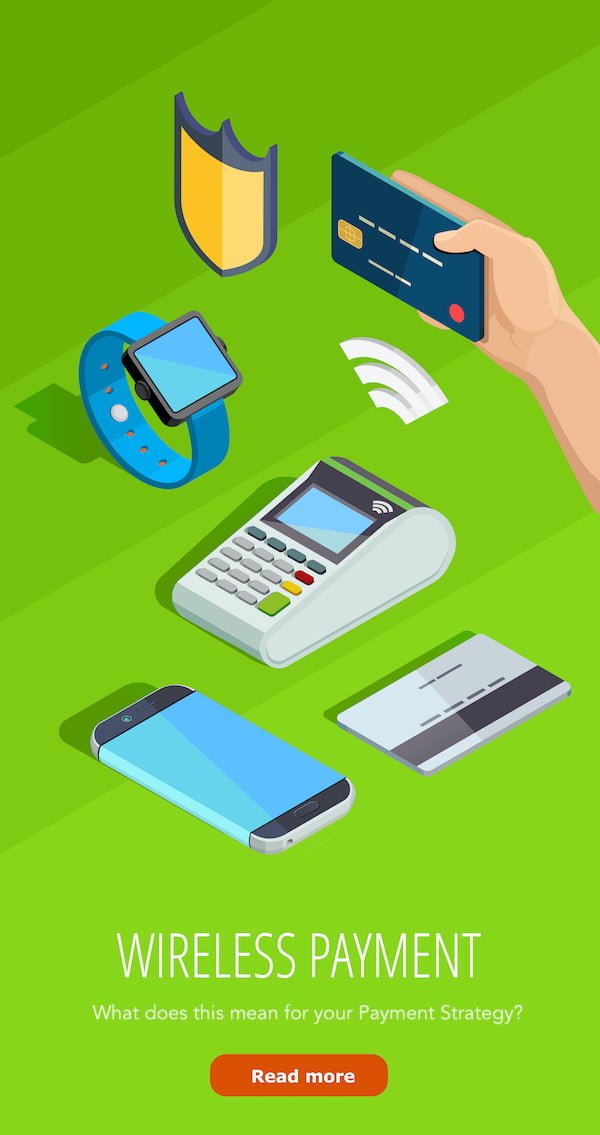
A quick search around the internet will reveal dozens of ‘simple’ or ‘basic’ explanations describing ‘blockchain’. The unavoidable truth is the technology itself is very deep, very powerful, and very complex.
It is not a technology that can easily be described in a few words – and therein lies a major problem. In fact, it’s probably fair to say that there are only a handful of ‘blockchain experts’, who truly understand the technology at all.
It’s the concepts behind blockchain that we are interested in that are actually not that complex to grasp. Once you master the principles then it’s easier to see what everyone so excited about.
What Is the Connection Between Bitcoin and Blockchain?
When the term ‘Bitcoin’ first appeared it was considered a radically new way of transferring electronic “cash” in the form of value. This new currency would usher in a world of online payments, without the need for a central authority, like a bank.
What soon became apparent was that the real genius was less the digital currency itself, but the technology behind it. This technology is blockchain.
Although Bitcoin, has stolen most of blockchains limelight, the long-term implications for the actual technology is potentially far greater than we could possibly imagine.
What Is a Blockchain?
Lets start by avoiding seriously complex technical descriptions. Blockchain is most easily understood as a record – a database or ‘register’ (something like a bankers ledger), where records of transactions are kept. Records can take many forms, from payments (where one person sends money to another) to recording the origin (or provenance), of any asset like a diamond, property or an aeroplane spare part.
Each record or piece of information in this register is added to the previous record of each transaction. These bits of information are formed into long chains or collections that are stored as long blocks of data.
The really clever piece is that the transaction processing to keep track of all these records is performed by all computers in the blockchain network. This network of Computers regularly check the authenticity of the transactions (whether they meet certain criteria and whether certain conditions are met) and then each computer in the network confirms the validity of the entire history of all transactions. Once a transaction is confirmed more than 6 computers in the network (i.e. by 6 computers on the network), it is considered irreversible.
You can see why this is so powerful.
Each block starts with information about the previous block in the chain and ends with information, introducing the next. Therefore, all blocks in a chain are linked from the first to the last – the one that is currently being processed. What is more, every computer on the network has a copy of this public register, which makes transaction compromising virtually impossible, since there is no way to falsify a transaction on all computers, equally participating in the decentralised network.
How Does It Work in Practice?
In the case of Bitcoin, blockchain keeps the details of every transaction made with the cryptocurrency and the technology ensures that the same Bitcoin is spent only once, within a particular transaction at a particular time.
Why Is this Technology So Innovative?
Blockchain works for almost all types of transactions involving value, such as money, goods and property. Its potential use is basically unlimited: from electronic voting and tax collection to patient health records management and proof of ownership for digital content. In addition, the technology can reduce fraud as each transaction will be irrecoverably recorded in a public online accounting book and everyone will be able to see and check it.
Although specific blockchain applications may be very disruptive for some existing business models that are heavily reliant on intermediaries, the technology itself brings many positive benefits – there is no doubt it has the potential to allow more people and businesses to trade more regularly and efficiently, significantly improving local and international trade. Furthermore, it will eliminate expensive intermediary fees that have become a burden on individuals and businesses.
No doubt the blockchain technology has an enormous impact on society and the global economy. Taking into consideration the fact that the most exciting applications haven’t even been invented yet, it promises to play an even more important role in the future!





